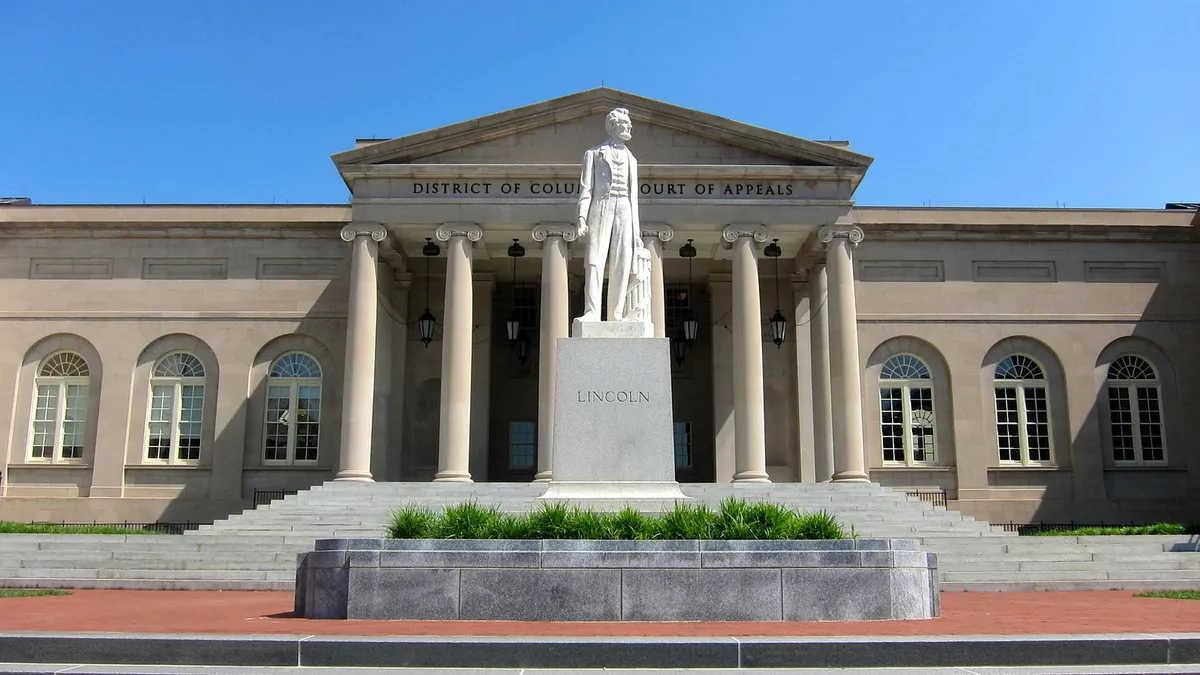Dive Brief:
- The D.C. Circuit Court of Appeals on Tuesday struck down a U.S. Environmental Protection Agency rule that would have closed out the obligations of 20 states to reduce smog under the Cross-State Air Pollution Rule (CSAPR).
- EPA last year concluded the 2016 CSAPR Update to the National Ambient Air Quality Standards was sufficient to address the "good neighbor" provisions of the Clean Air Act (CAA), which require states to tackle interstate movement of air pollution. The court, however, said the rule failed to require reductions by a statutorily-required 2021 deadline.
- Environmental advocates celebrated the court's decision as a victory for public heath, but the fight is likely not over. The EPA has indicated it may appeal the decision, as well as a related decision in another court case addrssing CSAPR challenges, Wisconsin v. EPA.
Dive Insight:
The decision will require EPA to place tighter limits on industrial sources of air pollution, according to EarthJustice, which represented several environmental groups in the case. But the federal government may file two appeals in the near future.
A three-judge panel for the D.C. Circuit, in a unanimous decsion, said the EPA "has informed us that it may seek rehearing or rehearing en banc in Wisconsin. Likewise, it may also seek rehearing or rehearing en banc of this decision."
"In view of the impending 2021 attainment deadline" to meet ozone pollution standards, the court said it would shorten the deadline to seek rehearing of this decision to October 28, which is also the date by which the EPA must seek rehearing in Wisconsin, which involves a separate challenge to the CSAPR update.
"This court decision is very good news for public health in many parts of the country," Richard Revesz, director of the Institute for Policy Integrity at NYU School of Law, said in a statement.
Revesz said the Trump administration "has consistently flouted" a core obligation of the Clean Air Act, to protect the air quality of downwind states that suffer from excessive upwind pollution. "A number of related cases are pending and this decision may be the harbinger of further defeats for the EPA," he said.















